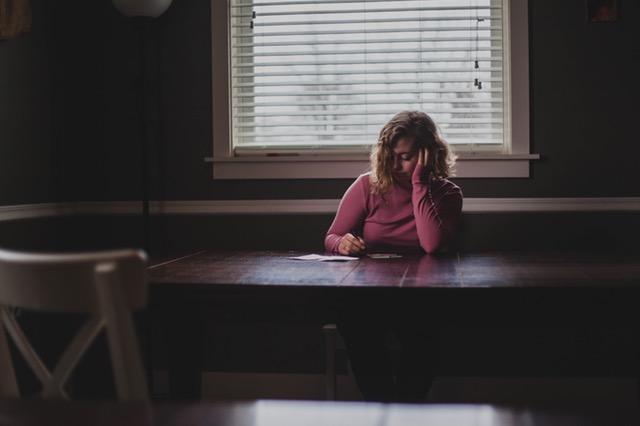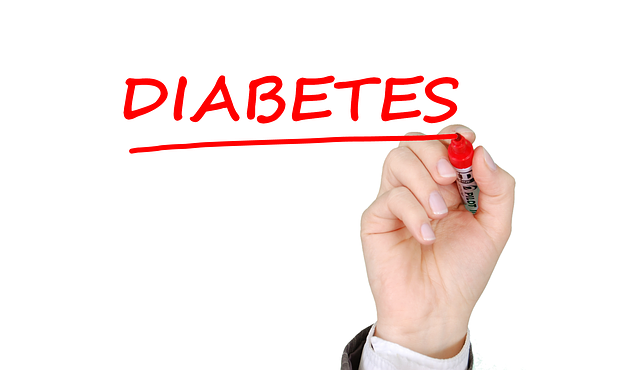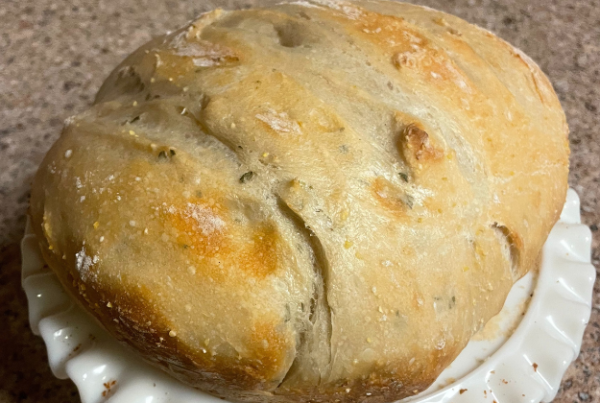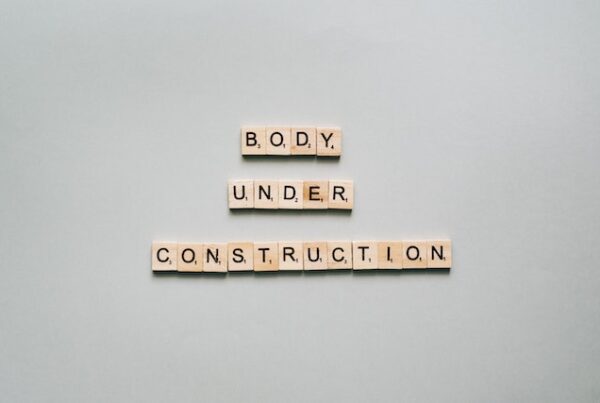Today, I’m happy to share the thoughts of a woman who knows health and diabetes, Marjorie Clayman! Marjorie and I met online years ago…a decade I think…and we’ve remained friends every since. She even wrote the forward to my book This Woman Knows so how apropos for her to share her thoughts here! Thanks for sharing your story with us Marjorie!
When I was little, there used to be a commercial starring good ole Wilford Brimley, who played everyone’s kind but kind of gritty grandfather. Brimley did an ad that was supposed to raise awareness about Diabetes, but I, along I think with much of my generation, just thought it was kind of funny. It seems like he’s about to curse you off your couch: https://www.youtube.com/watch?v=9IZPE1q4Qxs.
Probably starting about 10 years ago, my doctor started telling me I was pre-diabetic. I wasn’t really sure what that even meant. Do I have diabetes or do I not? Is there a program for being pre-diseased? Every time I saw him, he said, “Well, your A1C is x and the American Diabetes Association says it should be y, so you have diabetes now.” How did the number keep changing?
Eventually, I got put on a medication called Metformin because my numbers were bad <enough> that the doc felt it was time. I didn’t really know enough then to ask questions like, “Um, what else should I be doing?” I knew that exercise was important. I knew that eating well was important. Heck, everybody knows that stuff. That doesn’t necessarily mean we act intelligently and DO those things. What’s the worst that could happen, anyway?
 After a few months of being on the medication, I went in and my blood sugar showed 100% normal. I was elated. My doctor said, “I think we should double your dose.” At this point, I decided that he was just interested in pushing pills, which was not the style of doctor I wanted at all. I made the executive decision to take myself off the medication to see if I could sustain my numbers. He said he didn’t advise it, but he did not put up much of a fight. I had not been testing my blood sugar at all as I had been told that daily glucose readings are far less important than your A1C. Therefore, with no guidance and no way of monitoring, I headed out into the world of (what I thought was alleged) diabetes on my own.
After a few months of being on the medication, I went in and my blood sugar showed 100% normal. I was elated. My doctor said, “I think we should double your dose.” At this point, I decided that he was just interested in pushing pills, which was not the style of doctor I wanted at all. I made the executive decision to take myself off the medication to see if I could sustain my numbers. He said he didn’t advise it, but he did not put up much of a fight. I had not been testing my blood sugar at all as I had been told that daily glucose readings are far less important than your A1C. Therefore, with no guidance and no way of monitoring, I headed out into the world of (what I thought was alleged) diabetes on my own.
As you might imagine, that was not a great decision.
Last year, I went in for regular bloodwork and my blood sugar showed up as 244. My A1C came in at around 8. Your glucose reading ideally should be in 100 range. Your A1C should be 4-6. I was in some BAD shape. I was shocked. I felt perfectly fine, or so I thought. I knew I was overweight, but hey man, who isn’t these days? I was working on it. Sure, I had been eating treats, but I had figured my exercise was balancing that out. The sad truth is that once your blood glucose and A1C numbers start climbing, you really need professional help to get it under control. The other sad truth is that increasingly, you have to fight for that kind of professional help.
Abandoned with a Disease
I went in to talk to my doctor about my diagnosis. I was pretty freaked out at this point. I knew about things like diabetic foot ulcers, kidney failure, eyesight problems, and other side effects of diabetes. I was finally taking things seriously. I was prepared to ask questions and do whatever my doctor said. I brought the testing equipment she had prescribed so I could learn how to test my blood, and I planned on doing so diligently. I had seen the light. The problem is, my doctor had not exactly planned on having a vested interest in my well-being.

The first sign of trouble was when I asked her if she could give me a referral to a nutritionist. “Why?” she asked. Talk about freaked out. If your doctor doesn’t understand why a diabetic patient would want to talk to a nutritionist, well, you know you’re in hot water. While I was recovering from that, her nurse came in and said she would watch some YouTube videos so she could teach me how my testing equipment worked. While trying to teach me (which she did not succeed in doing), she told me that in nursing school her fingers had turned black because she had tested so much.
Feeling horribly frustrated, I left the appointment with nothing resolved. The receptionist asked when the doctor wanted to see me next. “She didn’t say anything,” I said. “Huh,” the receptionist said. “She should schedule a follow-up.” I thought to myself that I didn’t really need a follow-up with that office. However, I was now facing this pretty complicated disease all by myself. It has been that way for the last year as finding a doctor in the town I live in has been acutely difficult (that’s a post for another time).
What Have I Learned?
First and foremost, I have learned that no patient, no matter how stubborn, should try to face diabetes alone. I have tried to rely on the American Diabetes Association website and, well, Google, and I have found that professionals come to different conclusions about just about everything. One site will say raspberries are fine for diabetics while another will say they are too sugary. Is quinoa ok? Well, it seems to be, but some sites say it’s iffy. Can I have an apple before bed? With peanut butter?
The thing about diabetes is that we are all different. Our chemical make-ups are different, our sizes are different, and we are all custom articles. A food that sets off one person may not impact her neighbor at all. Nobody can really explain why.
All of that being said, there are a few things I can tell you to expect. Whether these things would have been easier with assistance I can’t tell you.
- You will learn that certain peaks and valleys in your readings equate to being really really cranky. Those Snickers commercials are all too relevant to a diabetic. If my numbers are too high I get angry and bitchy. If my numbers fall to lower than normal for me, I get mopey and depressed.
- Your entire lifestyle needs to change. Everything, pretty much. You need to exercise. You need to drink a lot of water. You need to put care and thought into everything you eat. You need to make sure you don’t eat too much, even of a good thing.
- Losing weight does not mean you’re winning against diabetes. I have lost about 8 pounds over the last year or so, but my numbers are worse now than they were a year ago. The Biggest Loser myth that you can lose weight and cure everything is just that, a myth.
The best thing I can tell you is what my mom always says to me. You MUST be your own advocate. In these ridiculously complicated times, doctors are not necessarily going to be tuned in, attentive, or compassionate. Bug them. Be persistent. I still have all of the same questions that I had a year ago, if not more. If I had been more in their faces, things might have gotten better sooner. Fight for yourself, even if that means fighting for care from your doctors. It is well worth it.
Lisa N. Alexander is the author and founder of This Woman Knows and What Million-Dollar Brands Know. She is an award-winning filmmaker, director, producer, and writer and is the owner of PrettyWork Creative.






